| Content | This book is a masterpiece for intellect, quotation from 12 Imams. 637 pages hardback
Compiler: Abu Mohanned Al-Hasan Bin Ali Bin Al-Hussein Bin Shu`ba Al-Harrani Translator . Badr Shahin.
Heavily subsidized by www.wabil.com
NOT TO BE RESOLD AT HIGHER PRICE |
If we study the subjects of FIQH in detail, we find that every one of them is peculiar and singular in itself. Some of the laws relate to the natural urge in human beings to adore and worship. It guides us to worship none but Allah, in the prescribed form, seeking His pleasure. Then there are laws which prompt us to serve, be helpful and useful to human society, at the same time affirming our obedience to Allah. These are Zakat, Khums, our social and political duties, Jihad, Amr bil Ma'roof and Nahy anil Munkar, training in martial arts etc. Also covering brief history of over 40 Mujtahids.
HEAVILY SUBSIDIZED BY IEB OF WORLD FEDERATION.
| The book, which requires brevity and concentration, is regarded as one of the best that deals with applied ethics. It is a guide for spiritual wayfarers on ethics and ways to strengthen one's faith, with the goal to reach Allah (swt). | Principles of good governance in the letter of Ali to al-Ashtar refers to a set of instructions and advice for rulers, reputedly addressed at Malik al-Ashtar (d. 657), the Arab military commander and an ardent supporter of Ali ibn Abi Talib (d. 661), who was the fourth Rashidun caliph (r. 656–661), the first Shia imam, and the cousin and son-in-law of the Islamic prophet Muhammad. The letter is attributed to Ali and outlines his conception of just and righteous governance, following the appointment of al-Ashtar as the new governor of Egypt circa 657 CE. Among the earliest extant records about Islamic rule, the letter has received considerable attention throughout the Muslim history as a blueprint for Islamic governance. The theme of the letter can be summarized as justice and compassion for all, regardless of class, creed, and color. Malik was killed en route to Egypt to assume his new post at the instigation of Mu'awiya, the archenemy of Ali.
HEAVILY SUBSIDIZED BY WWW.ISLAMICTHOUGHT.CO.UK | Al-Ṣaḥīfa al-Sajjādiyya (Arabic: ٱلصَّحِيفَة ٱلسَّجَّادِيَّة, lit. 'The Scripture of al-Sajjad')[a] is a book of supplications attributed to Ali ibn Husayn Zayn al-Abidin (c. 659–713), the great-grandson of the Islamic prophet Muhammad, the fourth Twelver Shi'a Imam and the third Ismaili Shi'a Imam. A seminal work in early Islamic spirituality, the book is considered to be the oldest prayer manual in Islamic sources. Shia tradition regards the book with great respect, ranking it behind the Quran and Ali's Nahj al-Balagha. Fifty-four supplications form the main body of Al-Sahifa, which often also includes an addenda of fourteen supplications and fifteen munajats (lit. 'whispered prayers'). Al-Sahifa is often regarded as authentic by the specialists in the science of hadith. Chittick describes the book as "one of the deepest veins of Islamic spirituality," while Husain Mohammad Jafri posits that the supplications in Al-Sahifa embody the answers to many of the spiritual questions faced by the man of our age.
HEAVILY SUBSIDIZED BY WWW.ISLAMICTHOUGHT.CO.UK | This book Shi`ah Advanced Seminary Its Phases, development and characteristics, takes you through a journey how the Hawza system work. Topics covered 1 History of two Hawzahs 2 Style 3 Hawzah flexibility 4 Political independence 5 Economic independence 6 spiritual independence 7 First to third phase 8 Powerful education system
HEAVILY SUBSIDIZED BY WWW.ISLAMICTHOUGHT.CO.UK
|

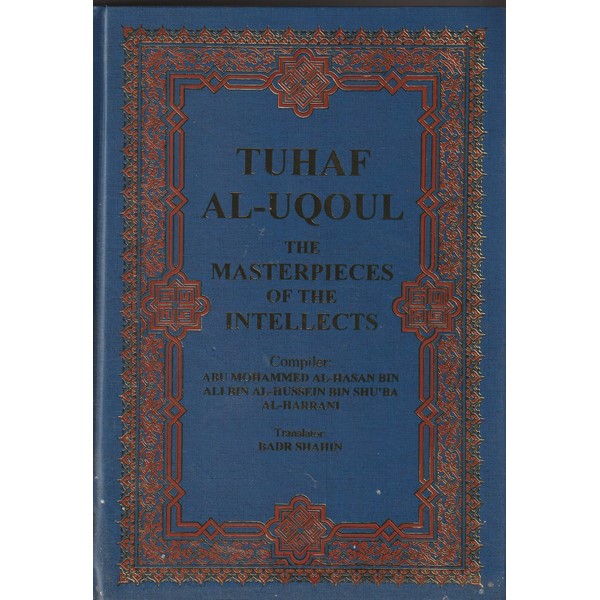
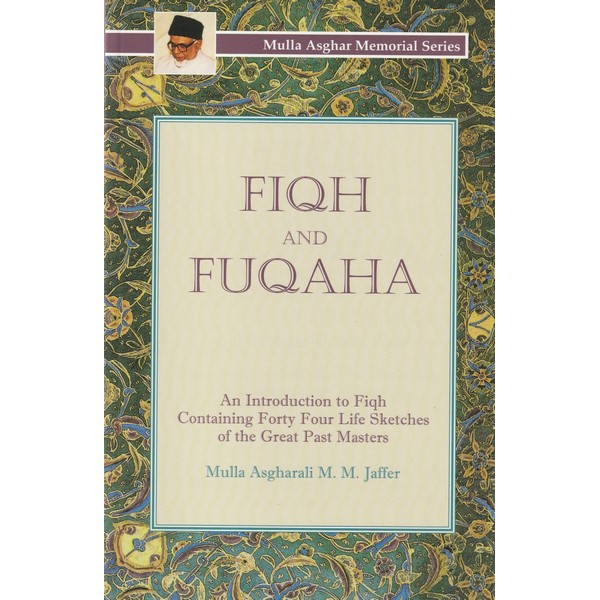


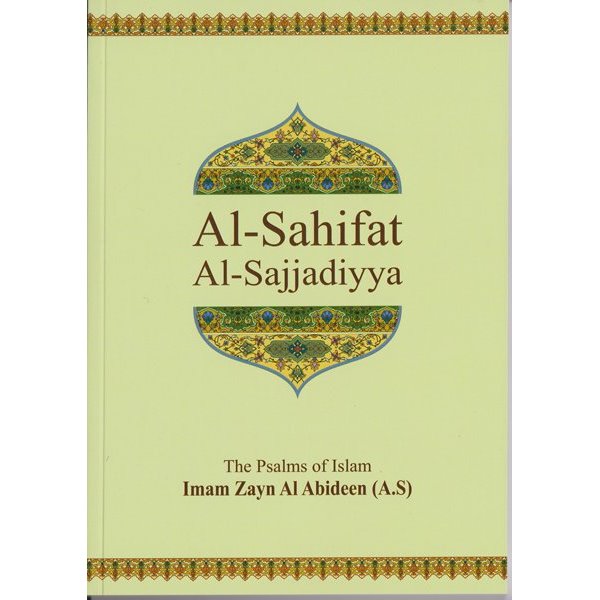
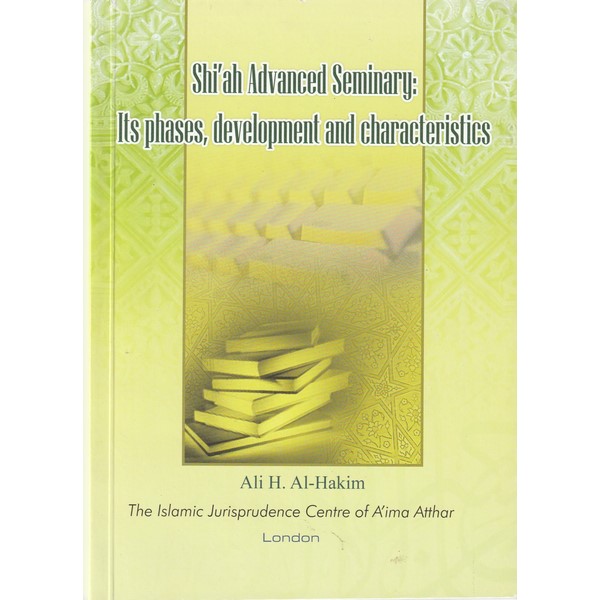
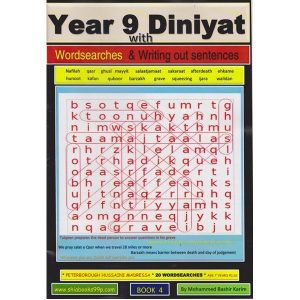
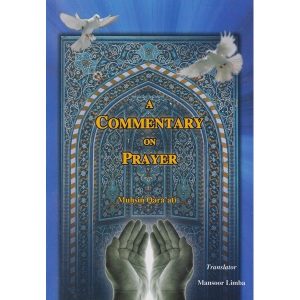
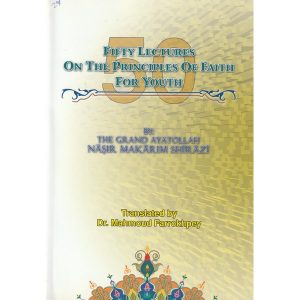

Reviews
There are no reviews yet.